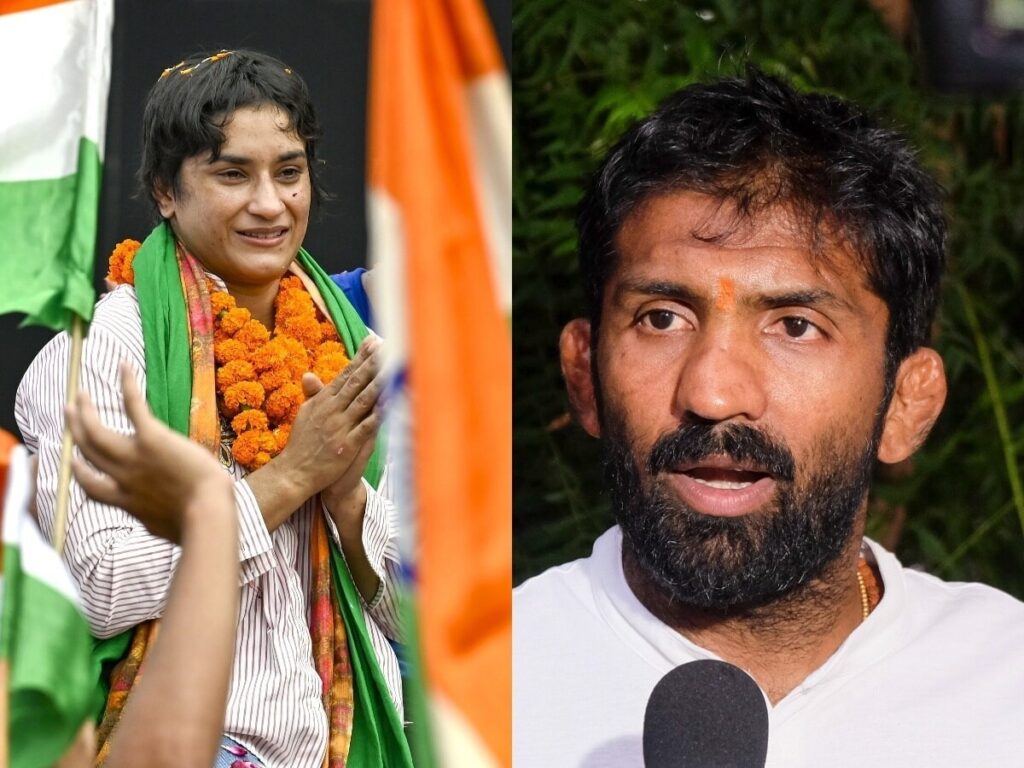In recent events surrounding athlete Yogeshwar Dutt’s statements, a significant conversation has emerged relating to sportsmanship, accountability, and the implications of disqualification in competitive sports. Dutt, a well-known wrestler and Olympic medalist from India, emphasized the importance of taking responsibility for one’s actions as well as the consequences that may arise from them. His comments have sparked discussions about the integrity of athletes and the overarching narratives when issues of disqualification arise.
The Importance of Accountability in Sports
Accountability is a fundamental aspect of any competitive sport. When an athlete is disqualified, it not only affects their career but also has potential ramifications for their country and fellow competitors.
Forging a Culture of Responsibility
Dutt suggested that an athlete who is disqualified should openly apologize and acknowledge their mistake. This act of contrition fosters a culture of responsibility and integrity within the sporting community. By taking ownership of their errors, athletes can mitigate the negative impact on their reputation and their nation’s pride.
Defining Success Beyond Medals
Success in sports should not solely be measured by the number of medals won but should also be reflected in the athlete’s character and the principles they uphold. Acknowledging mistakes can initiate a constructive dialogue on ethics in sports, encouraging future generations to prioritize integrity over mere victory.
The Risk of Conspiracy Theories in Sports
After referencing disqualification, Dutt mentioned how it can lead to conspiracy theories that detract from the athlete’s accountability. In high-stakes competition, athletes may look for outside factors to explain their circumstances, which can undermine the sport.
Political Claims and Their Impact
Dutt specifically pointed to allegations against the Prime Minister, suggesting that athletes sometimes attribute their struggles to systemic issues rather than accepting personal accountability. These claims can distract from the core issues and create unnecessary divisions within the sporting community.
Promoting Transparency and Integrity
| Action | Impact |
|---|---|
| Public Apology by Athletes | Builds trust and respect with fans and the public. |
| Avoiding Conspiracy Theories | Encourages focus on personal accountability and ethical standards. |
| Encouraging Integrity | Inspires younger athletes and strengthens the sports community. |
In conclusion, Yogeshwar Dutt’s insights into accountability and ethics in sports encourage a paradigm shift in how athletes view their roles and responsibilities. By promoting transparency and ownership of mistakes, athletes not only improve their personal integrity but also enhance the overall image of their respective sports. The focus should always remain on performance, character, and the collective advancement of the sporting community rather than on divisive narratives and conspiracy theories.
